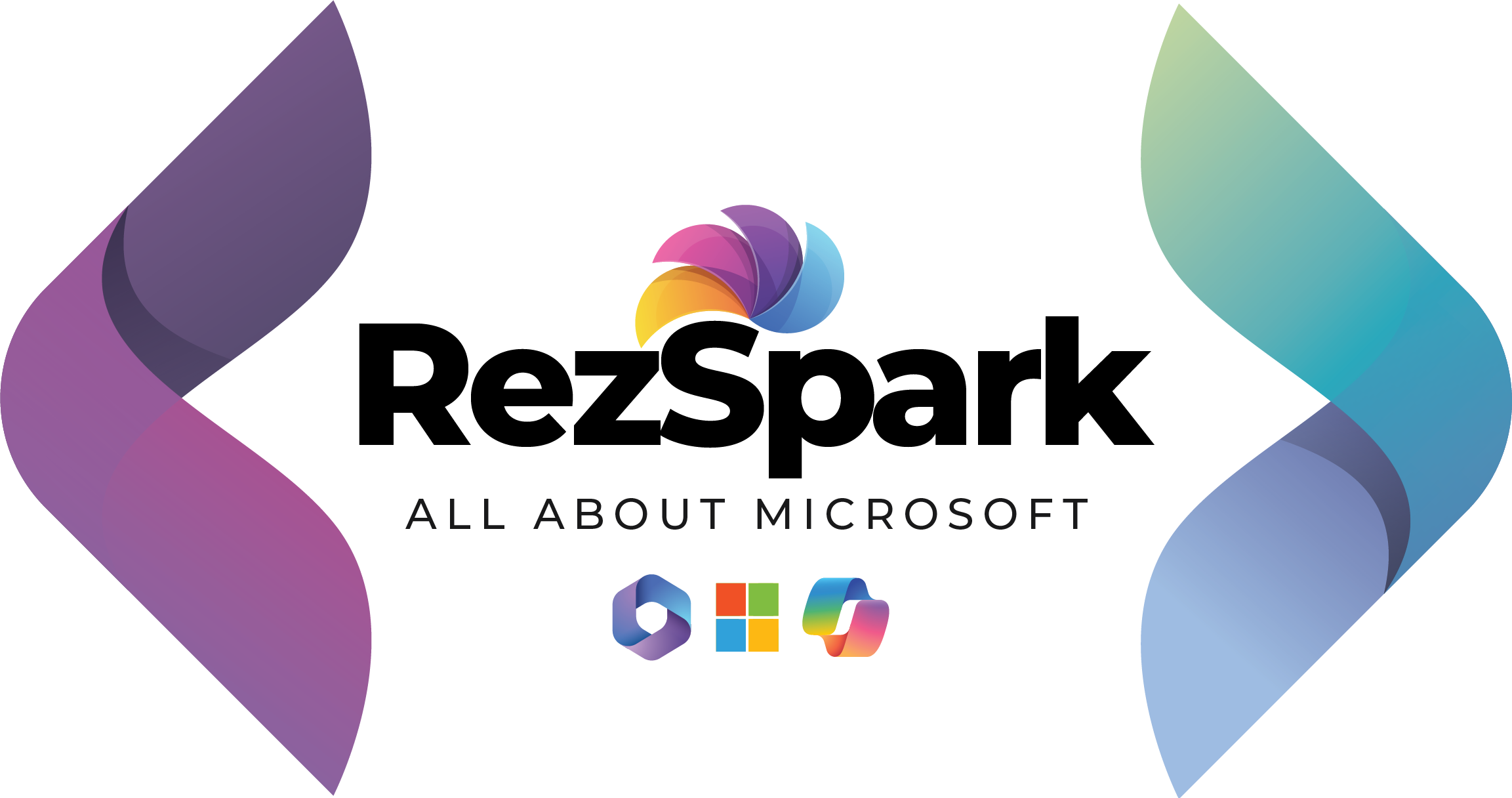
Artificial intelligence is revolutionizing the academic landscape, and Microsoft 365 Copilot is at the forefront of this transformation. As students and researchers, we often find ourselves navigating through an overwhelming amount of literature, structuring complex arguments, and meticulously formatting citations. Copilot simplifies these tasks by integrating AI-driven research assistance, summarization, and citation management directly into Microsoft Word, Excel, and other Office applications.
While tools like ChatGPT and Deepseek have made AI-powered research more accessible, Microsoft 365 Copilot offers a uniquely seamless experience by embedding AI into the academic workflow. In this blog, I explore how Copilot enhances research productivity and compare its capabilities with ChatGPT and Deepseek.
How Microsoft 365 Copilot Transforms Research Workflows
Research is an iterative and demanding process that requires identifying relevant sources, synthesizing knowledge, and presenting findings clearly. Microsoft 365 Copilot significantly reduces the time spent on these repetitive tasks by offering:
- Automated literature review by scanning research papers and summarizing key findings.
- Context-aware insights within Word and OneNote, making it easier to connect different pieces of research.
- Research question generation, helping refine study objectives based on existing literature.
- Seamless reference management, eliminating citation formatting errors.
Unlike ChatGPT or Deepseek, which operate as standalone AI chat tools, Copilot is embedded directly into the tools we use daily, ensuring that research assistance happens in real time without disrupting workflow.
Summarization: Enhancing Literature Reviews with AI
One of the most time-consuming parts of academic research is reviewing literature. Copilot’s AI-powered summarization feature helps by:
- Condensing lengthy academic papers into structured summaries.
- Providing comparative insights between different research studies.
- Extracting key themes relevant to a researcher’s area of study.
For instance, if I’m working on a literature review on AI governance policies, I no longer need to read dozens of full papers. Copilot extracts the main arguments and methodologies, allowing me to focus on analysis rather than data collection.
When compared to ChatGPT and Deepseek, I find that:
- ChatGPT is useful for generating quick overviews but does not always reference specific sources.
- Deepseek excels at long-form document processing, making it ideal for summarizing large academic papers.
- Copilot provides the most contextual summarization, as it works within Word, letting me extract insights while writing my research.
This in-app functionality makes Copilot particularly valuable when managing multiple sources simultaneously.
Citation Generation: Automating the Tedious Work
Citations are a necessary but time-consuming aspect of academic writing. Microsoft 365 Copilot streamlines this process by:
- Automatically generating citations in APA, MLA, Chicago, Harvard, and IEEE formats.
- Ensuring in-text citations are correctly placed, reducing the risk of accidental plagiarism.
- Compiling a structured reference list, saving hours of manual formatting.
This is a major improvement over traditional citation tools. While ChatGPT can suggest citation formats, it does not integrate them into a document automatically. Deepseek retrieves source details but does not format them directly within Word.
By contrast, Copilot allows me to work on my document and generate citations in real time. Whether I am writing a thesis, a research paper, or a journal article, I no longer have to manually format every reference. This alone is a game-changer for academic writing.
Writing Support: Refining Academic Arguments
Writing a well-structured research paper is not just about gathering data—it’s about presenting ideas clearly and persuasively. Copilot enhances academic writing by:
- Providing clarity improvements, ensuring concise and effective argumentation.
- Offering formal writing suggestions, making research papers sound more professional.
- Detecting grammatical inconsistencies, improving overall readability.
ChatGPT is often my go-to for quick rewording suggestions, but it lacks contextual awareness within an ongoing document. Copilot, however, works directly within Word, ensuring that my writing improvements align with the content of my research.
Deepseek, while strong in document processing, focuses more on technical content analysis rather than writing enhancement. Copilot’s ability to provide real-time suggestions within my academic documents makes it a superior tool for writing assistance.
Data Analysis and Visualization: Making Research Insights More Accessible
For researchers dealing with quantitative data, Copilot in Excel extends its capabilities beyond text-based research. Some of its key features include:
- Generating statistical summaries from datasets.
- Creating charts and visualizations to support research findings.
- Automating calculations, reducing the need for manual data entry.
This feature sets Copilot apart from ChatGPT and Deepseek, both of which lack direct spreadsheet integration. While ChatGPT can assist with Python or R-based analysis, Copilot automates the process within Excel, making it easier to derive insights from research data.
If I’m working on survey data about student engagement in online learning, I can use Copilot to:
- Summarize key trends.
- Generate pivot tables.
- Visualize findings without additional software.
This saves significant time and effort, especially when handling large datasets.
Comparison: Microsoft 365 Copilot vs. ChatGPT vs. Deepseek
Each AI tool has its strengths, but Microsoft 365 Copilot offers a uniquely integrated experience that caters specifically to students and researchers.

Final Thoughts: The AI-Powered Future of Academic Research
The evolution of AI in academic research is transforming the way students and researchers work. Microsoft 365 Copilot is not just another AI chatbot—it’s a fully integrated academic assistant that streamlines research, enhances writing, and automates citations.
While ChatGPT is excellent for general-purpose AI assistance and Deepseek is useful for long-form document processing, neither tool offers the level of integration and academic workflow optimization that Microsoft 365 Copilot provides.
For anyone looking to improve efficiency in their research process—whether it’s conducting literature reviews, writing papers, managing citations, or analyzing data—Copilot is an invaluable tool. AI is no longer a futuristic concept; it’s here, and it’s redefining how academic work is done.
As AI continues to evolve, tools like Microsoft 365 Copilot will become essential companions for students and researchers, helping us spend less time on tedious tasks and more time on meaningful discoveries.


